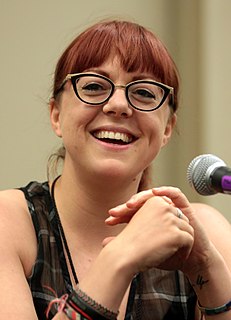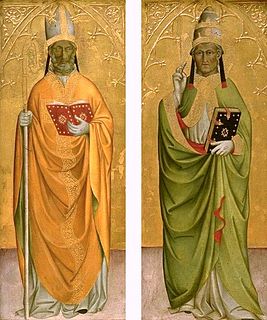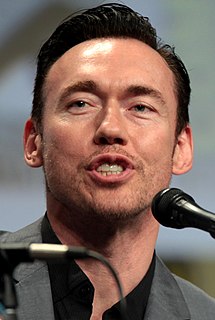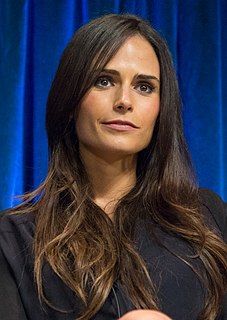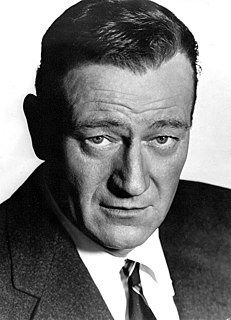A Quote by V. E. Schwab
It's always hard, when introducing readers to a new world/set of rules, not to lay it all out manual-style in the opening chapters but make sure to put the action and the characters at the front. If people don't become invested in them and in the story, the world in which it's set will become a burden.
Related Quotes
The New York Times and PBS are gatekeepers of a sort. And they perform that role of gatekeeping with a set of rules and aspirations about where they want to lead their viewers and their readers. They value objective facts, and they attempt to transmit a comprehensive view of the world. And they do have values. And they do lead their viewers and their readers to certain conclusions. But it's different than such monopolies as Apple or Google which are dissecting information into these bits and pieces, which they're then transmitting to people. And it's about clicks.
I never set out to become 'famous.' I mean, when you're 14 you think 'I'm gonna become a writer and people will want my autograph and that'll be cool,' but you grow up and you learn that's just not how the world works. I resigned myself to the fact that I would probably never be published and if I did it probably wouldn't be a big deal.
The most dangerous thing you can do is to take any one impulse of your own nature and set it up as the thing you ought to follow at all costs. There is not one of them which will not make us into devils if we set it up as an absolute guide. You might think love of humanity in general was safe, but it is not. If you leave out justice you will find yourself breaking agreements and faking evidence in trials "for the sake of humanity", and become in the end a cruel and treacherous man.
As people enable themselves to achieve one or two goals for the year that are most meaningful, they will find power, peace of mind, and confidence in their abilities because they have achieved what they set out to accomplish. Your commitment to achieving what matters most will become the foundation for tremendous accomplishments and contributions. You will become the change you seek to make.
One easy mistake to make with the first novel is to expand the short story. Some things are better as a story; you cannot dilute things into a novel. I think the first hundred pages of a novel are very important. That's where you set things up: the world, the characters. Once you've set that up, it'll be much easier.
Building upon the world we created with 'Avatar' has been a rare and incredibly rewarding experience. In writing the new films, I've come to realize that 'Avatar's world, story and characters have become even richer than I anticipated, and it became apparent that two films would not be enough to capture everything I wanted to put on screen.
